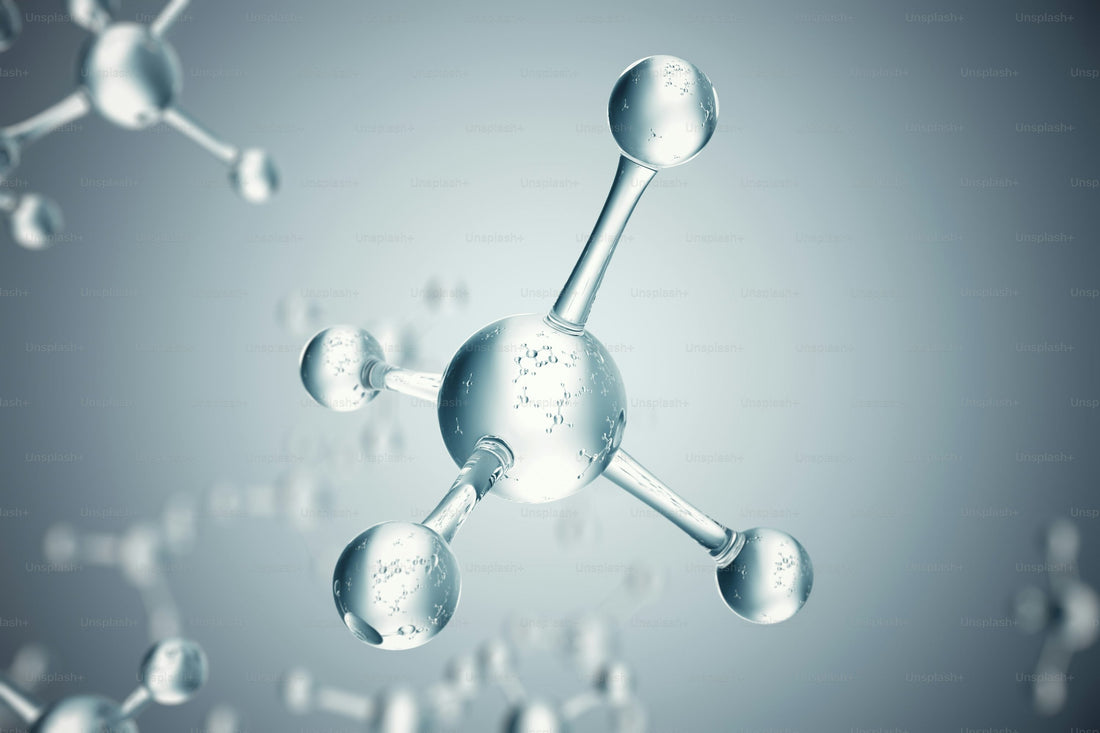
Amino Acids: The Building Blocks of Life
Share
Amino acids are often called the building blocks of proteins—and for good reason. These small but mighty molecules are essential for nearly every biological process in the body. From building muscle tissue to supporting brain function, amino acids play a vital role in maintaining overall health and well-being.
What Are Amino Acids?
Amino acids are organic compounds made up of carbon, hydrogen, oxygen, and nitrogen. When linked together in chains, they form proteins, which the body uses for growth, repair, and energy. Out of the hundreds of amino acids found in nature, the human body primarily uses 20 amino acids to build proteins.
Essential vs. Non-Essential Amino Acids
Not all amino acids are created equal. The 20 protein-building amino acids are divided into two main categories:
- Essential Amino Acids (EAAs): These cannot be produced by the body and must be obtained through diet. Examples include leucine, lysine, and tryptophan.
- Non-Essential Amino Acids: These can be produced by the body, even if they’re not consumed directly from food. Examples include glutamine and alanine.
There’s also a special group called conditionally essential amino acids, which are normally produced by the body but may need to be supplemented during times of stress, illness, or rapid growth.
Key Functions of Amino Acids
Amino acids go far beyond just building proteins. They are involved in:
- Muscle Growth & Repair: Branched-chain amino acids (BCAAs) like leucine, isoleucine, and valine are critical for muscle recovery.
- Immune System Support: Glutamine helps fuel immune cells and aids in recovery from illness.
- Hormone & Enzyme Production: Amino acids are precursors to neurotransmitters and hormones, including serotonin (from tryptophan) and dopamine (from tyrosine).
- Energy Production: During intense exercise or fasting, amino acids can be broken down to provide energy.
Dietary Sources of Amino Acids
Since the body can’t produce essential amino acids, diet is key. Complete protein sources—like meat, fish, eggs, and dairy—contain all nine essential amino acids. Plant-based sources such as beans, lentils, quinoa, and soy are also excellent options, though some need to be combined to ensure a full amino acid profile.
Amino Acids in Supplements
Amino acid supplements are popular among athletes and fitness enthusiasts. BCAA powders, EAAs, and glutamine are widely used to support muscle growth, enhance recovery, and reduce fatigue. However, most people can meet their amino acid needs through a balanced diet.
Final Thoughts
Amino acids may be small molecules, but their impact on health and performance is enormous. Whether you’re looking to boost your fitness, support your immune system, or simply maintain a balanced diet, making sure you get enough amino acids is essential.

